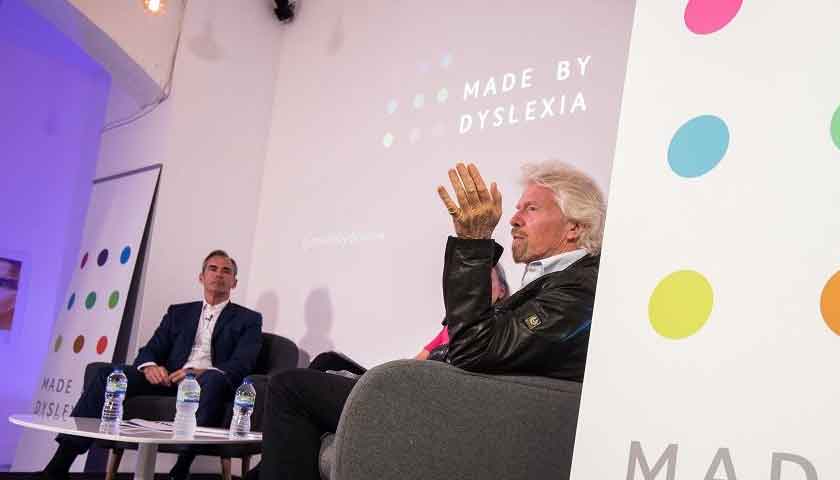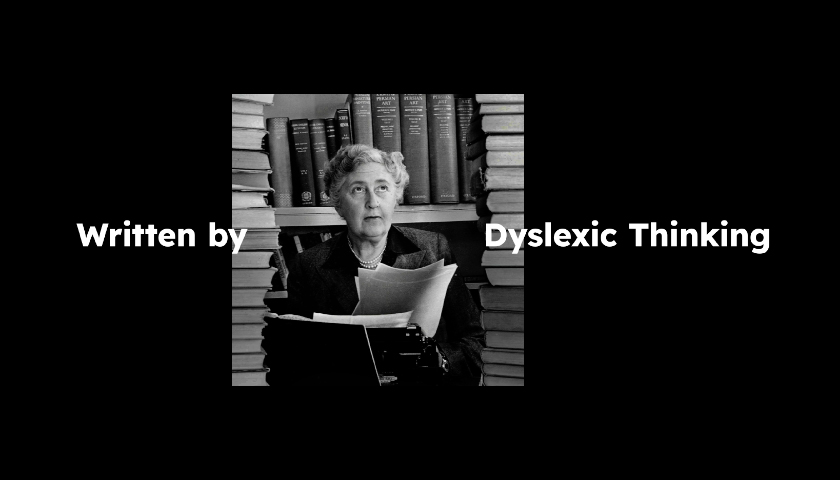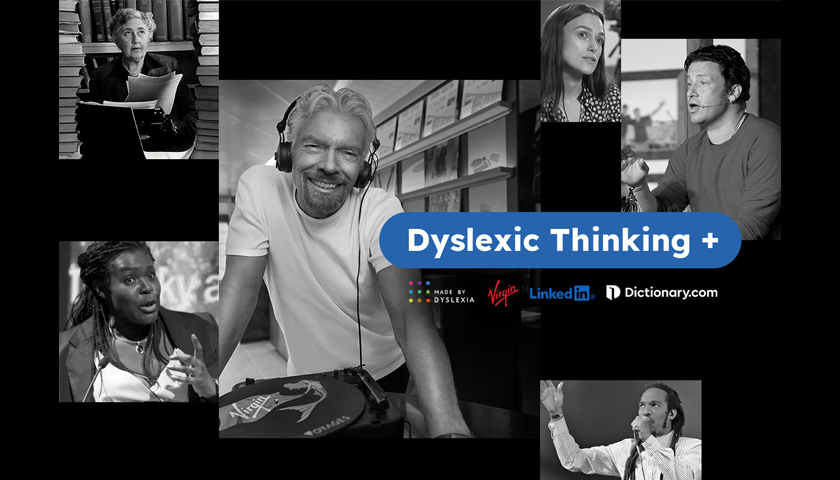Entrepreneur Sir Richard Branson is supporting the launch of a new charity, Made by Dyslexia, at the world’s first “dyslexic sperm bank”. Made by Dyslexia is a global charity led by successful and famous dyslexics, and its purpose is to help the world properly understand and support dyslexia.
At the launch, Sir Richard will spoke to Made by Dyslexia founder Kate Griggs and fellow ambassador Roland Rudd about his experiences with dyslexia, and his advice for young people who have found out that they are dyslexic.
Made by Dyslexia will campaign to change perceptions, so that Dyslexia is seen as a different way of thinking rather than as a disadvantage. Working with experts and successful dyslexics, it will develop campaigns, tools and tests to explain dyslexic thinking. Many of the world’s most successful entrepreneurs, artists, and tech professionals are dyslexic, demonstrating that dyslexic people can achieve great things when they focus on their strengths and get the right support in school.
The “sperm bank”, while not accepting actual donors, was chosen as a theme and setting for the launch because some sperm banks have not let dyslexics donate until very recently, and have even described dyslexia as a “neurological disease”, highlighting how far peoples’ understanding of dyslexia still needs to change. One in ten people are dyslexic, accounting for more than 6.5 million people in the United Kingdom, so this is a major issue.
Exclusive research from Made by Dyslexia and YouGov highlights the scale of the task at hand:
- Only 3% of people think dyslexia is a positive trait
- 58% believe that someone with dyslexia will do worse at school; only 2% think they may do better
- 19% of people associate dyslexia with creativity whereas, according to Made by Dyslexia research, 84% of dyslexics say they are above average in creative skills
- 13% of people associate dyslexia with lateral thinking whereas 84% of dyslexics say they are above average in lateral thinking skills
- 12% of people associate dyslexia with good problem solving skills whereas 84% of dyslexics say they are above average at problem solving
- 9 out of 10 dyslexics say their dyslexia made them feel angry, stupid or embarrassed
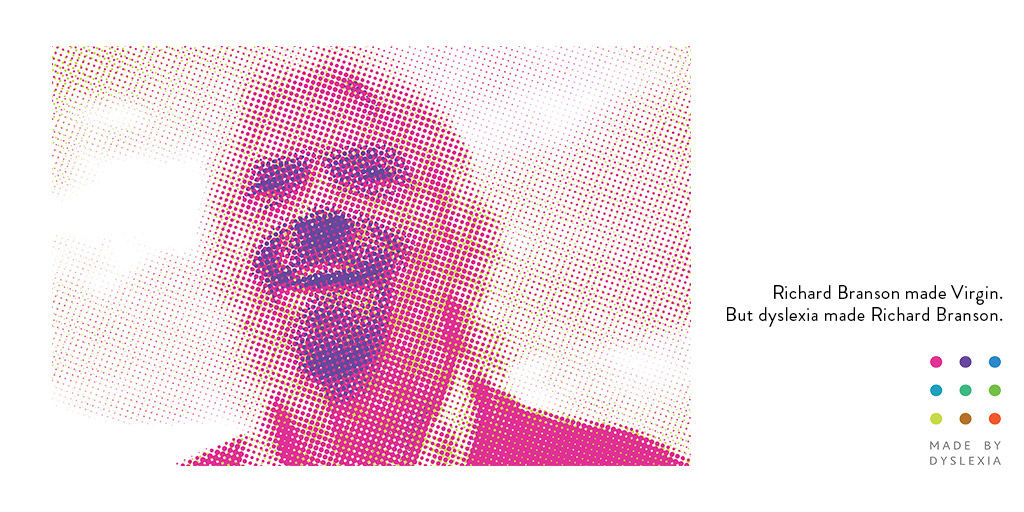
Sir Richard Branson, Virgin Group Founder, said:
“When I was growing up, dyslexia wasn’t really talked about, it was just something you had to deal with.
I can honestly say that because I have dyslexia, I look at the world in a different way. Dyslexic people can be hugely creative in identifying solutions to problems, and to coming up with new ways to tackle challenges.
I’m delighted to be supporting Made by Dyslexia. For me, it is really important that we provide young people with the support they need to succeed, and to understand dyslexia as a different and brilliant way of thinking.”
Kate Griggs, Founder of Made by Dyslexia, said:
“For too many young people, dyslexia is seen as something that will stop them achieving their dreams. Even worse, thousands of young people are not diagnosed at all, meaning they never receive the support they need. Dyslexia can open doors to people, giving them an insight and creativity which is unrivalled. It is vital that every dyslexic child is identified and supported.”
Roland Rudd, Ambassador of Made by Dyslexia, said:
“Dyslexia is a strength not a weakness. Dyslexics often work harder, take more risks, and look to do things differently. But at school they regularly suffer from lack of learning support, ignorance and a feeling they are not as clever as others. We need to change both the perception of dyslexia and the way dyslexics are taught.”
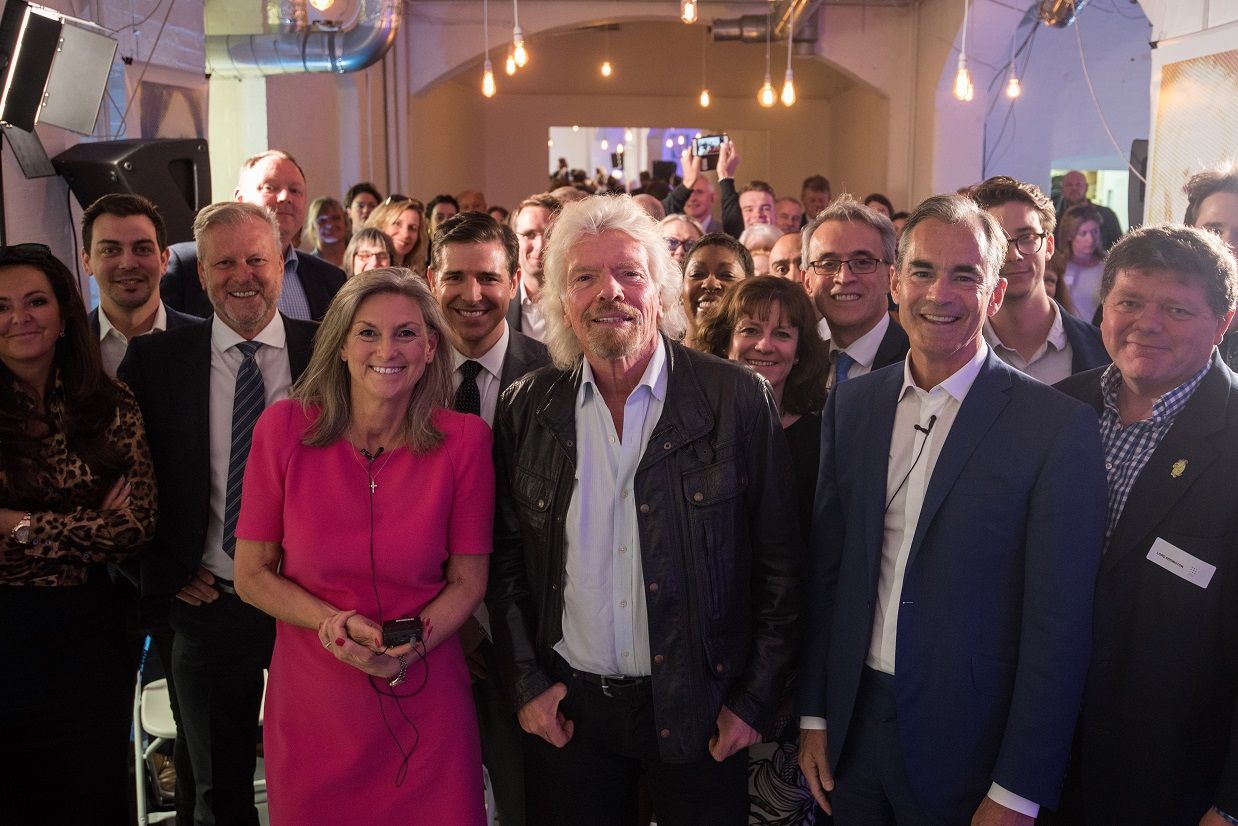
The Campaign
To accompany its launch, Made by Dyslexia has published a new report: Connecting the Dots – Understanding Dyslexia. The report explains both what it means to be dyslexic, and how dyslexia is currently perceived in the UK. It also outlines the charity’s ambitious strategy to bring about real change. Measures include working with Y&R London, who came up with the original Dyslexic Sperm Bank concept, and other WPP agencies to build bold, creative campaigns and digital communications to drive behavioural change, and creating innovative, scalable digital solutions together with online tests and screeners. Visit madebydyselxia.org for links to the charity’s podcast and YouTube channels, and to a Dyslexia thinking test. Additional initiatives will be announced over the coming months.
Links
https://www.virgin.com/richard-branson/supporting-launch-made-dyslexia
All images on this page (c) Made By Dyslexia
